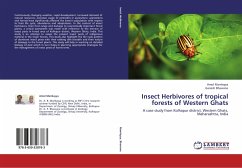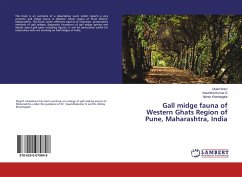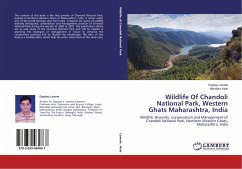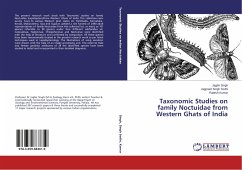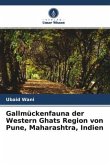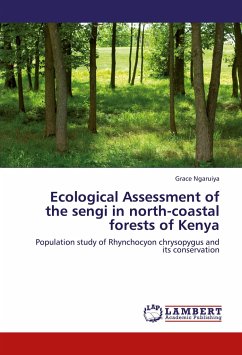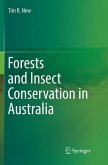Continuously changing weather, rapid development, increased demand of natural resources, excessive usage of pesticides in agriculture, plantations and forests have significantly affected the insect¿s population with respect to their life cycle, abundance and adaptations. In the context of insect herbivores, their host range and damage to economically important forest plants, a critical assessment was made with reference to the menace of insect pests in forest area of Kolhapur district, Western Ghats, India. This study is an attempt to assess the present insect pests of indigenous material in the virgin forests. This study also highlight the life cycle pattern of dominant insect pests with their existing diet breadth and their nature of damage to the forest plants. This study will help in working on detailed biology of pest which in turn helps in planning appropriate strategies for the management of insect pests of forest trees.
Hinweis: Dieser Artikel kann nur an eine deutsche Lieferadresse ausgeliefert werden.
Hinweis: Dieser Artikel kann nur an eine deutsche Lieferadresse ausgeliefert werden.

